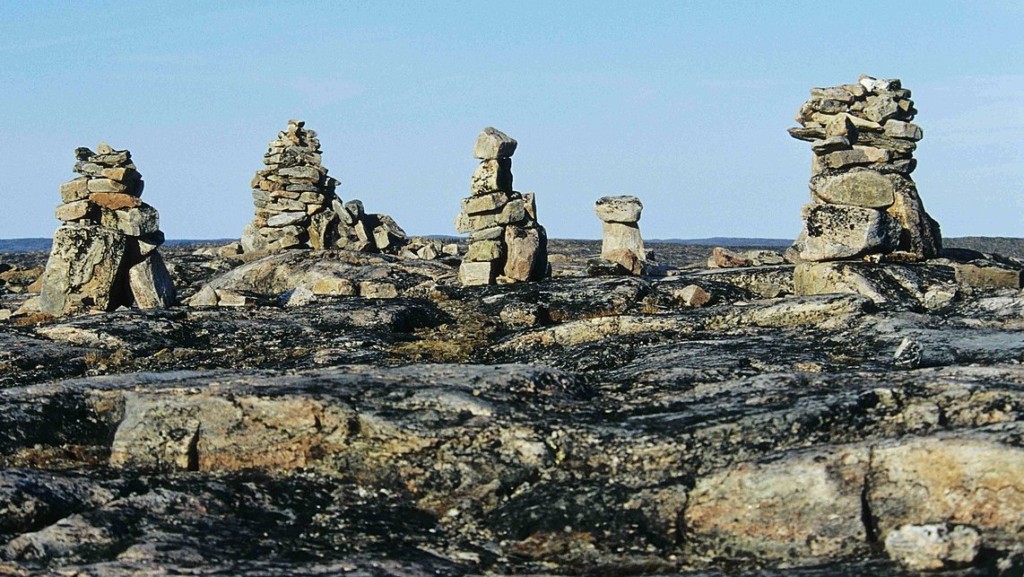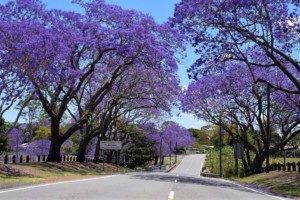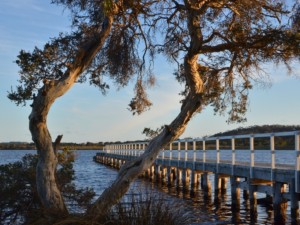Good news in tourism December 1 – 7, 2019

Welcome to The “Good Tourism” Blog’s first summary of and links to a week of good news and quirkiness in the world of travel & tourism. Published on Sunday to be ready on Monday morning, it’s the perfect positive start to a working week in travel & tourism! Share it with your colleagues.
In no particular order:
Philippines Tourism Secretary Bernadette Romulo-Puyat has put sustainability at the top of the Department of Tourism’s agenda, despite arrivals to the Southeast Asian archipelago falling well short of the likes of Indonesia and Thailand. Her rationale is sound because quantity is not the point, according to a newspaper columnist (and “GT”). Let’s hope the implementation is both sound and on point.
Accessible tourism
Did you know that it was International Day for Persons with Disabilities on December 3?
South Africa Tourism turned the day into a month-long campaign with weekly themes based on priority areas. And there are hashtags, of course: #DisabilityInclusiveSA and #DRAM2019.
Canada’s British Columbia (BC) Province and Destination BC launched a “multi-phased plan to make BC tourism more accessible and inclusive”.
In Greece, the Hellenic Federation of Hoteliers and the not-for-profit Me Alla Matia (“With Other Eyes”) signed a memorandum of understanding to promote accessible tourism. Me Alla Matia will advise the federation on legal and technical matters.
Blue carpets were temporarily rolled out onto Kovalam beach in India’s Kerala state as part of the “Blue Ramp” campaign to improve the access of “differently-abled persons” to tourist spots.
Community-based tourism
The greater decentralisation of tourism policy-making, the better, generally speaking, right? That’s what community-based tourism is all about, right?
Aye. So Scotland’s national government has been carrying out a public consultation on whether local governments should be allowed to impose Transient Visitor Levies (TVLs) — tourist taxes in other words. The City of Edinburgh Council has said it would impose a £2 per night room charge fee if allowed, which could raise about GBP13.6 million per annum in the city. (GBP1 = USD1.32)
Tourism is a niche business in the Nunavut territory of Canada, with only 7,800 international visits in 2018, yet visitor fees levied by communities are raking in the loonies (slang term for Canadian dollars). In Pond Inlet, cruise ships had to pay a service fee per passenger of CAD75 this year, up from CAD50, with total revenues in the “hundreds of thousands”. The Qikiqtani Inuit Association is following suit. It announced in October charges of CAD25 to CAD150 per tourist, depending on the activity, for access to Inuit-owned lands. (CAD1 = USD 0.76)
Malaysia’s Sabah state is seeking the power to approve and issue tourism licences. Sabah’s Minister of Tourism, Arts and Culture, Datuk Christina Liew, said this devolution of power from the feds would help her boost tourism and enhance service delivery in her state. Liew has credited arrivals growth with more community-based tourism with happier rural entrepreneurs.
Thailand’s Deputy Prime Minister Somkid Jatusripitak has cited community-based tourism as an essential service industry for the economy as it attempts to navigate through an era of digital disruption. Chambers of commerce have asked the government to “promote community-based tourism to boost income distribution”.
In Thailand’s Nakhon Phanom province, meanwhile, the Nakhon Phanom Tourism Business Association is leading efforts to help tourists experience ethnically- and religiously-diverse local communities along the Mekong River, including in neighbouring provinces.
In India, community-based tourism by way of homestays and farmstays is helping rural people stay on their land and preserve their way of life.
This trend is reflected in Nepal, where the demand for homestays has attracted the return of economic migrants to their homeland and helped locals reconnect with their culture and landscape.
New Zealand is rolling out funding for mobile applications and other new tools to help councils, communities, and campers get along this summer.
Ecotourism, nature-based tourism, animals, & wildlife
Activists are calling on India’s National Tiger Conservation Authority (NTCA) to take stressed-out tigers more seriously. They want the NTCA to push for tighter regulations in the Bandipur and Nagarahole national parks in Karnataka state. Scientists agree that reform may be needed for tourism to be truly beneficial for the parks, their wildlife, and local communities.
In a move that will further burnish its reputation for innovative sustainability, Kerala Tourism in India is set to consult with stakeholders on capping visitor numbers to ecologically fragile places such as Munnar and the backwaters of Alappuzha.
While often “seen through the prism of terrorism and security”, Pakistan is biodiverse and beautiful. Local experts who have lamented missed opportunities for ecotourism are now seeing reasons for optimism. And Prime Minister Imran Khan’s active interest should help.
Kenya needs to diversify beyond nature-based tourism, according to tourism industry players there who reckon the 2.1 million visitors from last year is well below par. Wildlife and beaches contribute nearly 90% of tourism industry earnings.
Murrindindi Shire Council in the state of Victoria, Australia has adopted a new five-year tourism and events strategy to become a leading nature-based destination. “Sustainable, innovative and profitable tourism” was the goal, Councillor Jackie Ashe said.
At the other end of the scale, Lake Tahoe, Nevada, USA is being “loved to death” by tourists according to some, which is why various agencies are cooperating to come up with more sustainable visitation policies.
Some people will be triggered by the words hunting and fishing in this story about the Black Belt region of Alabama, USA. However “GT” counts as good any recognition that tourism-related “treasure lies in fertile soil and natural resources”.
Trophy hunting is controversial. Simplistic arguments are used on both sides. While the practice has been of economic importance to species conservation in some places, it may be becoming less important and “not irreplaceable”.
Odds & ends
Newsy bits that don’t fit into this week’s arbitrary clusters:
UNICEF is working with Croatia’s Ministry of Tourism and the Croatian Tourist Board to promote the importance of children’s rights. The Ministry and Board will also support UNICEF’s efforts to help Croatia’s most vulnerable children and their families.
Gaeltacht Mhúscraí, in County Cork, Ireland has been included in a European Union network of locales to benefit from a multi-million Euro investment to promote authentic cultural tourism experiences. The network includes sites in Northern Ireland and Wales, which is awkward.
And finally, while many fret about the vast islands of plastic waste floating on oceans, an entrepreneur in Ivory Coast has literally launched a resort island made from waste plastic.
Featured image: Inuksuk Point (Inuksugalait, “where there are many Inuksuit”), Foxe Peninsula (Baffin Island), Nunavut, Canada. By Ansgar Walk (CC BY-SA 2.5). Inuksuit are rock structures that serve as landmarks.
P.S. None of these news items have been fact-checked. Please comment below if you know there has been rubbish posted here, but be nice about it. The linked sources might get offended (“GT” won’t). And there’s no need to harsh the vibe by being nasty.





